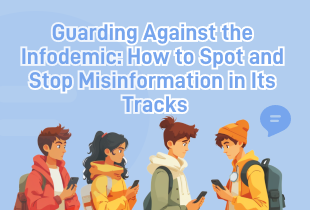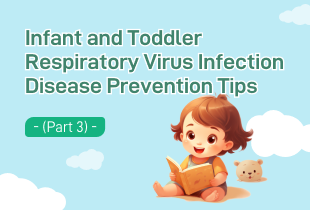How to deal with pollen allergies
There are many allergens such as pollen in spring. Although flowers are beautiful, they may bring trouble to travelers and people with pollen allergies. Symptoms of pollen allergies can last for one to two months.
1.What are pollen allergies?
Pollen allergies refer to a series of processes caused by pollen sensitization in patients with an atopic constitution. Pollen allergies are a common disease that affects human health, and their incidence rate is increasing year by year.
The main symptom is catarrhal inflammation of the respiratory tract and conjunctiva, which can be accompanied by lesions of skin and other organs.
2.Symptoms of pollen allergies
Common symptoms of pollen allergies include:
Itchy nose, nasal congestion, runny nose, coughing and sneezing;
Shortness of breath, chest tightness, shortness of breath and wheezing;
Sudden asthma attack;
Itchy, red, and/or watery eyes;
Skin redness, swelling, pruritus.
In severe cases, there will be rash and even surface exudation.
3.Characteristics of pollen allergies
(1)Seasonality: consistent with the peak of pollen concentration in the air.
(2)Repeatability: it occurs every year.
(3)Rapid onset: it comes and goes quickly, and it will have an acute attack.
(4)Heredity: it is usually hereditary.
(5)Effectiveness: the effect of medication is immediate.
Take Beijing as an example. In the Chinese capital, there are two peak periods of air pollen concentration in the year. One is from March to May in spring, which is dominated by various tree families such as elm, birch, cypress, willow, and pine, as well as other plants. Before green leaves grow, catkins grow. Catkins contain a large number of pollen particles, which are scattered with the wind.
The other peak is from August to September, and mainly includes compositae, chenopodiaceae, mulberry and gramineae.
4.Common allergy medications
For patients with nasal symptoms, glucocorticoid nasal spray is effective. Medicines such as leukotriene and ipratropium bromide should be taken according to a doctor's advice.
5.How to avoid and deal with pollen allergies?
1)Avoid direct contact with pollen and go out less frequently. If you need to go out or exercise outdoors, pay attention to the pollen concentration.
When the pollen concentration is high, strengthen personal protection and try to avoid long-term exposure. Try to go out in the morning, at night or after rain when the pollen concentration is low.
Wear masks, hats and goggles, and long-sleeved clothes.
2)Try to prevent pollen from entering your rooms. When the outdoor pollen concentration is high, do not open the windows. Clean or spray water to wet the indoor catkins, use a vacuum cleaner to clean them and put in place an air purifier to reduce the amount of outdoor pollen that has entered your rooms.
3)Pay attention to personal health protection. After going home, you should wash your hands and face. If necessary, wash your nose and eyes with diluted salt water, and replace clothes stained with pollen.
4)Seek medical support. You can choose to use anti-allergic medicine two weeks before the pollen season begins. It is best to take medicine when going out. In case of skin itching, fever, cough and shortness of breath, you should quickly leave the place and take medicine as soon as possible.
In case of asthma symptoms, take medicine and go to hospital immediately.
Links
>
Copyright© Chinese Center for Disease Control and Prevention. All rights reserved.
京ICP备11024750号-1 京公网安备11011402013004号
京ICP备11024750号-1 京公网安备11011402013004号








